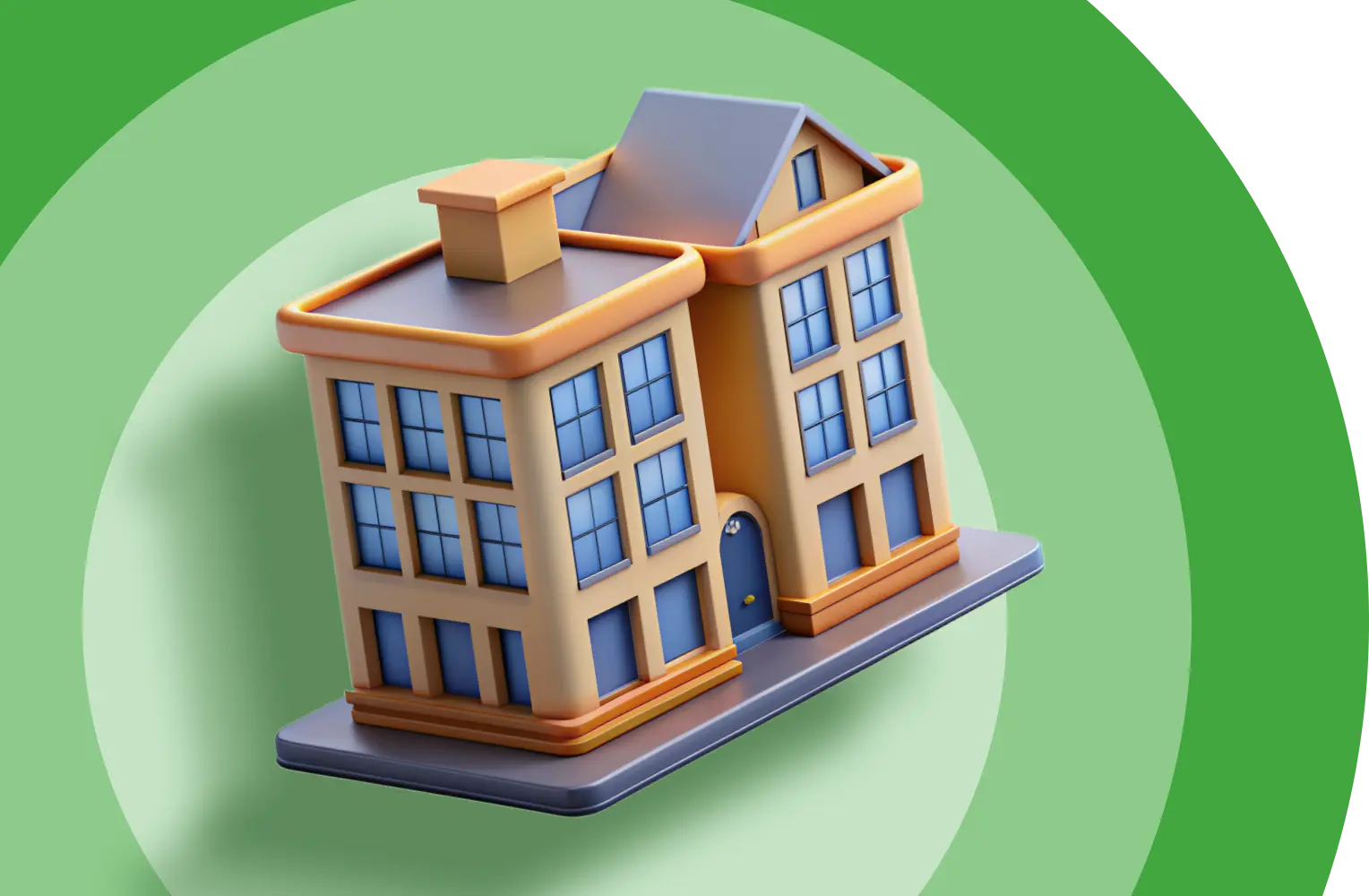
Educational
System
of Slovenia
More The educational system in Slovenia is designed to produce students with a decent knowledge base, at whatever level they decide to complete their studies.
Duration of Training
9 yearsFinal Assessment
National Knowledge Assessment TestNext Stage of Education
Secondary EducationDuration of Training
3 yearsFinal Assessment
Final ExaminationNext Stage of Education
Higher Education*Subject to additional attendance under a 2-year study programme and passing the final exam (Matura)
and Vocational Education
Duration of Training
4 yearsFinal Assessment
General Final ExaminationNext Stage of Education
Higher EducationDuration of Training
4 yearsFinal Assessment
General Final ExaminationNext Stage of Education
Higher Educationstudents study general subjects, such as Slovenian Language, World Literature, Mathematics, Chemistry, Physics, History, Biology, etc.;
students, besides basic subjects, also study Latin and have more lectures on History and Philosophy;
with in-depth study of foreign languages or natural sciences;
that are usually chosen by young professional athletes.
Duration of Training
2 yearsFinal Assessment
Thesis DefenceNext Stage of Education
Bachelor’s DegreeDuration of Training
2 yearsFinal Assessment
Thesis DefenceNext Stage of Education
Master’s DegreeDuration of Training
3 yearsFinal Assessment
Thesis DefenceNext Stage of Education
PhD DegreeDuration of Training
2–4 yearsFinal Assessment
PhD Thesis DefenceSign up for
a free consultation
Fill out the form and our manager will contact you shortly